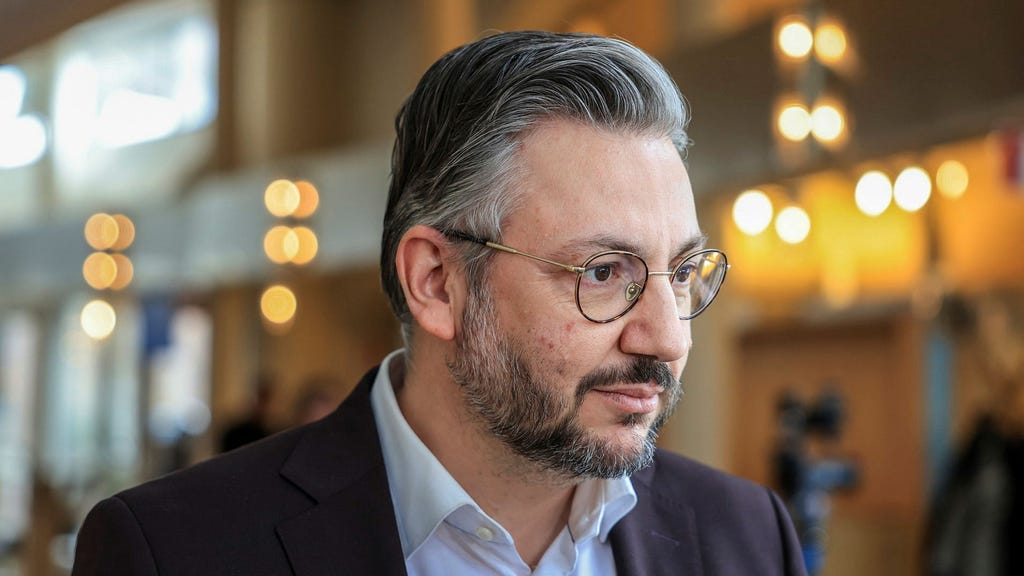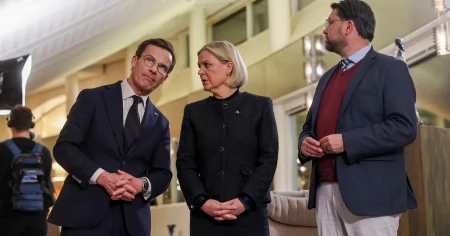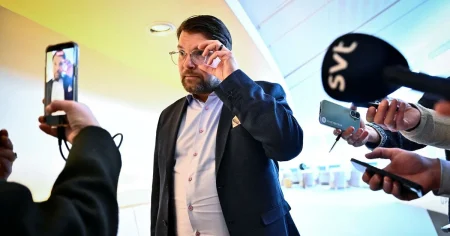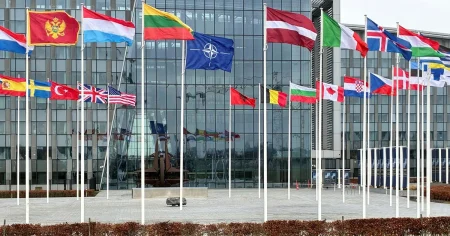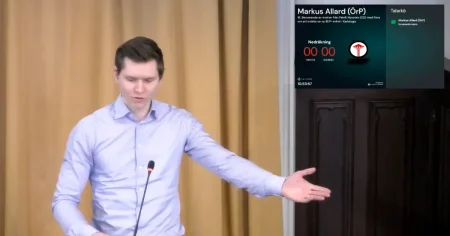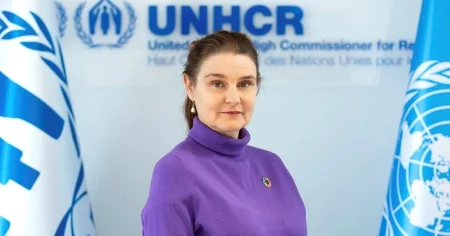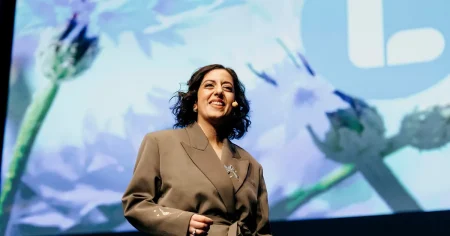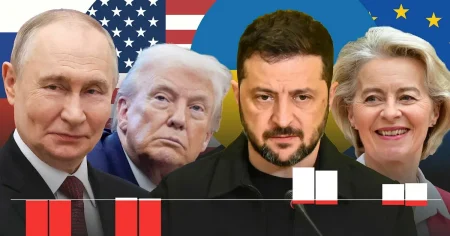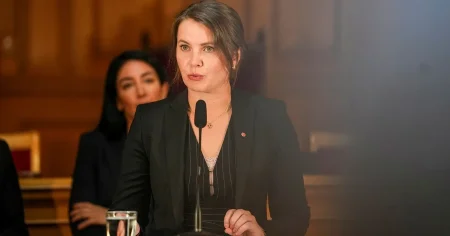The Center Party of Sweden found itself embroiled in a leadership crisis during the week commencing Monday, October 23, 2023, following a report by Expressen newspaper alleging internal discontent directed at party leader Muharrem Demirok. The discontent stemmed from an alleged unsanctioned vote initiated by Demirok during a party board meeting, seeking to formally endorse Magdalena Andersson as the party’s preferred candidate for Prime Minister. This action reportedly bypassed established procedures and sparked criticism not only of Demirok’s handling of the government formation issue but also of his broader leadership style.
The escalating controversy prompted an emergency digital meeting between party secretary Karin Ernlund, Demirok, and all district chairpersons on Thursday evening. The meeting aimed to address the media reports, assess their impact on the party, and strategize a response. Johan Malmros, the Gotland district chairperson, confirmed that the discussions revolved around the media coverage and its potential repercussions. The meeting’s timing coincided with a public call for Demirok’s resignation by the Center Party Youth (CUF), who cited a lack of trust, deficient leadership, and an environment of stifled dissent within the party as the basis for their demand.
Despite the CUF’s denouncement, the emergency meeting yielded a strong show of support for Demirok from the district chairpersons. Christina Davidsson, the Kalmar district chairperson, stated that all districts present expressed their unequivocal backing for Demirok’s leadership. She characterized the media reports of widespread internal dissatisfaction as surprising, acknowledging the possibility of isolated concerns but emphasizing a general lack of recognition of the narrative presented in the press. Davidsson highlighted the meeting’s importance in providing a platform for district chairpersons to share perspectives and address the perceived disconnect between internal sentiment and external portrayal.
Further bolstering Demirok’s position, district chairpersons from Gotland, Fyrbodal, and Stockholm also publicly voiced their support. Karin Jonsson, the Jämtland district chairperson, described the meeting’s atmosphere as “mature and respectful,” noting the opportunity for open expression of diverse viewpoints. While confirming her personal confidence in Demirok, Jonsson clarified that the Jämtland district had not formally addressed the leadership question, considering it a non-issue at the present time. She emphasized the importance of continued dialogue within the party to address concerns raised and facilitate understanding.
Looking ahead, Jonsson advocated for ongoing conversation within the party to address the concerns brought to light by the controversy. She underscored the need to engage with those expressing dissenting views, suggesting that open communication is crucial for fostering unity and resolving internal disagreements. Furthermore, Jonsson expressed her reservations regarding the party’s public endorsement of Magdalena Andersson as a preferred Prime Ministerial candidate. She suggested that the Center Party would benefit from focusing on its core policy agenda rather than engaging in speculative discussions about future political alliances.
In summary, the Center Party experienced a tumultuous week marked by allegations of leadership deficiencies and internal dissent directed at Muharrem Demirok. While the Center Party Youth called for his resignation, an emergency meeting with district chairpersons revealed strong support for his continued leadership. The events highlighted a disconnect between the narrative presented in media reports and the sentiments expressed by district representatives, emphasizing the need for open communication and a renewed focus on policy priorities. The episode underscores the challenge of balancing internal party dynamics with external political maneuvering, particularly in the context of forming governing coalitions and navigating the complexities of parliamentary politics.





